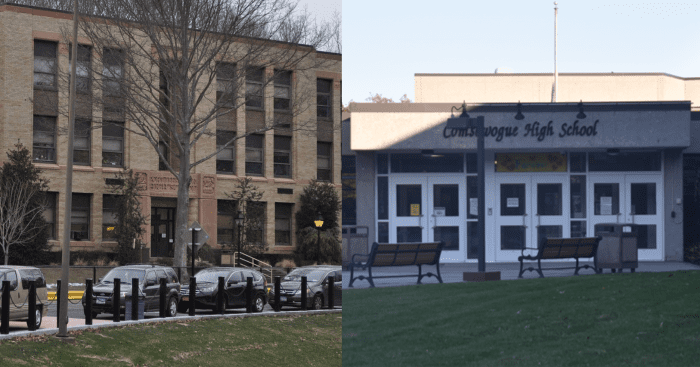By A. Craig Purcell, Esq.
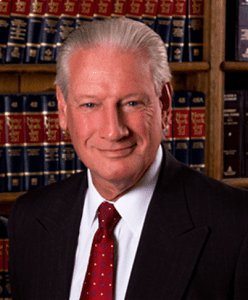
In our two last columns, we wrote about the necessity of obtaining adequate SUM (Supplemental Underinsured Motorist) and UM (Uninsured Motorist) coverage in the event you are seriously injured in an automobile accident due to the negligence of a driver who has a limited liability insurance policy, or no insurance at all. We encouraged you to ascertain the amount of SUM and UM coverage you have paid for as part of your own automobile insurance policy, to make sure your policy adequately protects you in this unfortunate event.
A question we are almost always asked by our clients who have been injured in an automobile accident, is “how do my medical bills get paid? Are they paid by my health insurance carrier, Medicare if I am over 65 years of age, Medicaid if I am a Medicaid recipient, or in some other way?” Many people simply show their insurance card, Medicare card or Medicaid card when they are brought to a hospital emergency room, go to a walk-in facility or a doctor’s office without further thought.
NO-FAULT INSURANCE
If you are injured in an automobile accident, you should be relieved to know that your reasonable medical bills will be covered by your own automobile insurance carrier under the No-Fault provision of your insurance policy. This is listed on your policy as “PIP” (personal injury protection). The reason this provision in your policy is known as No-Fault Insurance is that your own company is obligated to pay your reasonable medical expenses, even if you caused the accident.
Many, if not most, hospitals, walk-in clinics and other healthcare providers simply ask the patient or their family for the insured’s health insurance information, even when the provider is told that the injury was caused by an automobile accident. This often leads to confusion and even disputes concerning what entity is responsible for the ensuing medical bills.

While it may be difficult to provide a hospital emergency room with your automobile insurance information, it is important for you or your family member to provide that information at your doctor’s office or walk-in facility right away. Likewise, the same is true for the offices of your physical therapist, chiropractor, pain management specialists or any other health care provider.
In addition to the confusion and the possibility of disputes over payment of medical bills arising out of injuries from your accident, certain insurance providers, as well as Medicare and Medicaid, may have a lien on any recovery you obtain for your pain and suffering from the insurance company for the driver who caused the accident. The beauty of No-Fault Insurance is twofold.
First, your medical bills get paid regardless of whether you or the other driver caused the accident and second, your No-Fault Insurance company does not have a lien or claim against any recovery you might obtain.
Finally, with regard to No-Fault Insurance, it is important that you speak to your insurance agent or carrier about the amount of this coverage you have with your policy. The mandatory (minimum) amount of No-Fault, or PIP, Insurance in New York is $50,000. However, if you sustain a very serious injury in an automobile accident, your medical bills may well exceed $50,000.
Therefore, just as in ascertaining how much SUM or UM coverage you have in your insurance policy, you should consider paying for No-Fault coverage above the $50,000 minimum. This would protect you against your automobile insurance company asserting a lien against any recovery you obtain because it paid medical bills in excess of the minimum. It would also often avoid having Medicare, if you are over 65, pay any bills in excess of $50,000.00, which could also result in a lien against any recovery you obtain from the insurance company for the driver who caused your accident.
A. Craig Purcell, Esq. is a partner at the law firm of Glynn Mercep Purcell and Morrison LLP in Setauket and is a former President of the Suffolk County Bar Association and Vice President of the New York State Bar Association



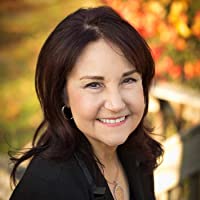
 In search of self, Bronka is unsure of her niche. Too intellectually curious to accept a narrow conservative marriage, she is conversely uncomfortable with the free-love, drug-taking hippie element. She constantly faces less than thinly veiled chauvinism and misogyny.
In search of self, Bronka is unsure of her niche. Too intellectually curious to accept a narrow conservative marriage, she is conversely uncomfortable with the free-love, drug-taking hippie element. She constantly faces less than thinly veiled chauvinism and misogyny.

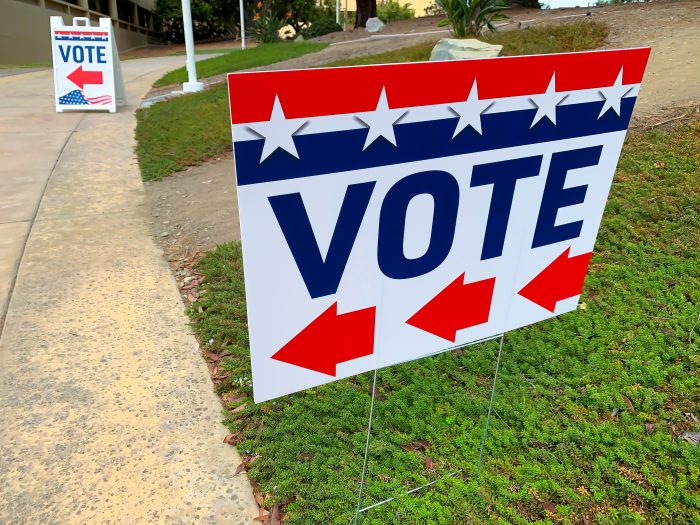
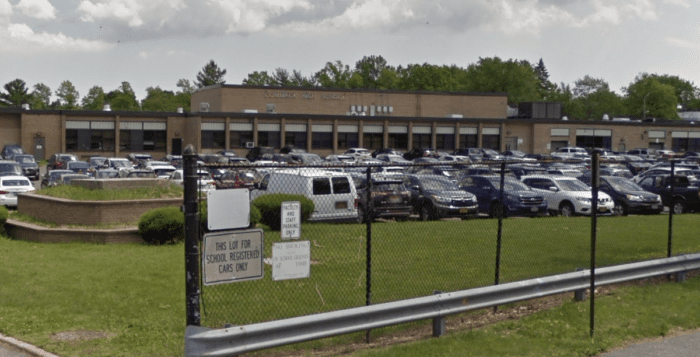

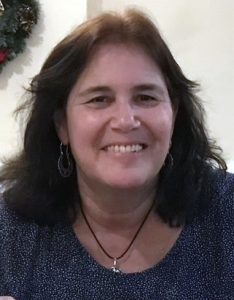
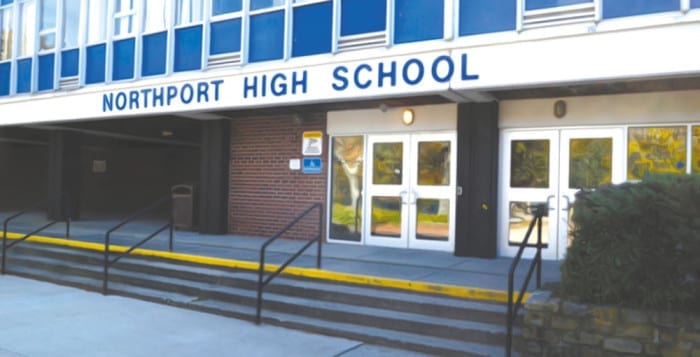
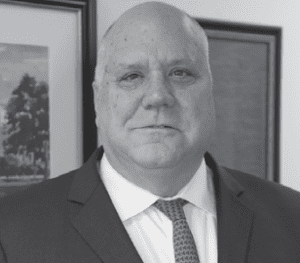

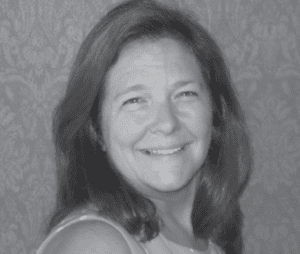 “Selling the buildings offers a one-time lump sum, whereas leasing buildings and having those options available to us gives us long-term income,” Cascio said. She also added that if enrollment increased in the coming years, the district could use those buildings for schooling once again.
“Selling the buildings offers a one-time lump sum, whereas leasing buildings and having those options available to us gives us long-term income,” Cascio said. She also added that if enrollment increased in the coming years, the district could use those buildings for schooling once again.
